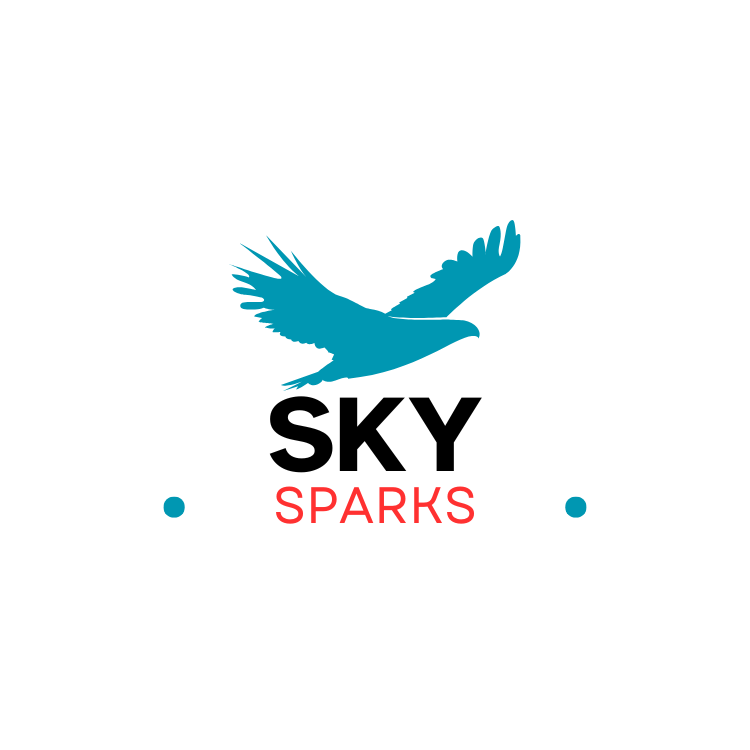Education is more than just going to school or earning degrees — it’s a lifelong journey that shapes minds, builds confidence, and opens doors to opportunities. Whether formal or informal, education plays a vital role in personal growth, economic development, and the advancement of society.
In today’s knowledge-driven world, access to quality education has become a necessity, not a luxury.
🎓 1. Education Builds a Strong Foundation
At its core, education gives people the tools they need to understand the world and make informed decisions.
Basic benefits of education include:
- Learning to read, write, and communicate effectively
- Developing critical thinking and problem-solving skills
- Gaining knowledge in science, math, technology, and more
- Understanding social, political, and environmental issues
From primary school to higher education, each level prepares individuals to contribute meaningfully to their communities.
🚀 2. Education Boosts Career Opportunities
In a competitive job market, education often determines your career path and income level.
How education helps your career:
- Increases job prospects and earning potential
- Builds professional skills (leadership, communication, teamwork)
- Encourages lifelong learning and adaptability
- Opens the door to advanced roles and entrepreneurship
In many industries, specialized degrees or certifications are required to advance or even enter the field.
🌍 3. Education Drives Social and Economic Growth
Nations that invest in education see higher rates of economic development and innovation.
Societal benefits of education:
- Reduces poverty and inequality
- Promotes gender equality and human rights
- Encourages civic engagement and democracy
- Lowers crime rates and boosts public health
When people are educated, they make better decisions — for themselves, their families, and their countries.
📱 4. The Rise of Digital Learning
Technology has revolutionized how we access education. With smartphones, laptops, and the internet, learning is now possible anytime, anywhere.
E-learning advantages:
- Affordable and accessible for remote communities
- Flexible for students and working adults
- Wide variety of free and paid resources (YouTube, Coursera, Khan Academy)
- Promotes self-paced learning
However, digital education also comes with challenges like screen fatigue, internet access gaps, and the need for digital literacy.
🧠 5. Education Is More Than Academics
True education goes beyond textbooks. It teaches empathy, discipline, and creativity.
Holistic education helps students:
- Understand themselves and others
- Develop emotional intelligence
- Discover their passions and talents
- Become responsible global citizens
Arts, sports, and extracurricular activities are essential to shaping well-rounded individuals.
🔄 6. Lifelong Learning Is the Future
Education doesn’t end with graduation. In a fast-changing world, continuous learning is key to staying relevant.
Ways to keep learning:
- Attend workshops or short courses
- Read books, listen to podcasts, or watch documentaries
- Learn a new language or skill online
- Get involved in community or volunteer programs
Lifelong learners adapt faster and are better prepared for change.
Conclusion
Education is the key that unlocks potential, uplifts communities, and powers progress. Whether you’re a student, parent, teacher, or lifelong learner, investing in education — at any stage of life — is one of the most powerful decisions you can make.
Let’s celebrate learning, support access to education, and keep growing — one lesson at a time.









